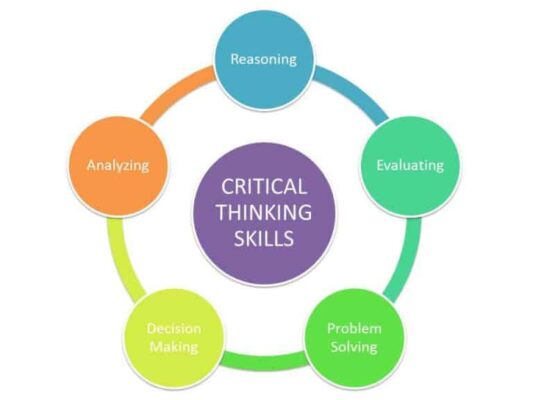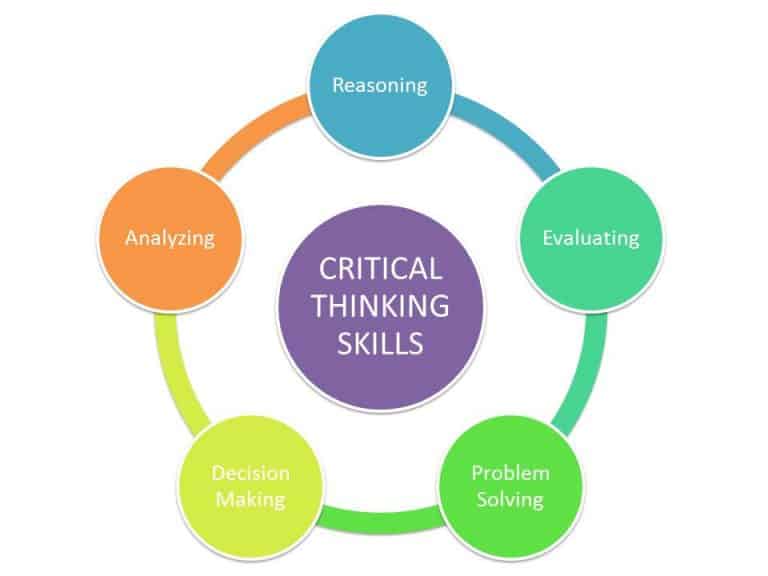here’s a comprehensive overview of analytical skills:
What are analytical skills?
Analytical skills are a combination of cognitive abilities that enable you to examine information logically and systematically, identify patterns, make inferences, and draw conclusions. They’re essentially the mental tools you use to make sense of the world around you and solve problems effectively.
Key components of analytical skills:
- Critical thinking: The ability to objectively evaluate information, identify biases, and consider multiple perspectives before forming an opinion or making a decision.
- Problem-solving: The ability to define a problem, analyze its causes, and develop and implement effective solutions.
- Data analysis: The ability to collect, organize, and interpret data to identify trends, patterns, and relationships.
- Research: The ability to gather information from various sources, assess its credibility, and synthesize it to draw meaningful conclusions.
- Communication: The ability to clearly and concisely present your findings and insights to others, both verbally and in writing.

Why are analytical skills important?
Strong analytical skills are essential for success in a wide range of fields, including:
- Business: Analysing market trends, financial data, and customer behavior to make informed decisions.
- Science and technology: Conducting research, developing new theories, and solving complex technical problems.
- Law and medicine: Identifying evidence, building arguments, and making diagnoses based on complex data.
- Education: Critically evaluating information, forming reasoned arguments, and solving problems.
How to improve your analytical skills:
- Practice critical thinking: Challenge your assumptions, ask questions, and consider alternative viewpoints.
- Take on analytical challenges: Solve puzzles, play analytical games, and participate in debates.
- Analyze data: Take a course in data analysis or statistics, and practice working with real-world data sets.
- Read and write analytically: Read non-fiction books and articles that require critical thinking, and practice writing analytical essays.
- Seek feedback: Ask others for feedback on your thinking and analysis, and be open to constructive criticism.
By developing strong analytical skills, you can become a more effective problem-solver, make better decisions, and achieve your goals in all areas of your life.
I hope this information is helpful! Let me know if you have any other questions.

